24 Apr 2012
Sind wir bald zu viele?
No overview found
Things aren't looking good for the world's population; as we multiply at an alarming rate there is not enough food, space... or sense. This intelligent film interweaves a fascinating 1960s rat experiment by Dr. John B. Calhoun with a slick snapshot of today's urban jungle.
Himself
24 Apr 2012
No overview found

24 May 2006

A documentary on Al Gore's campaign to make the issue of global warming a recognized problem worldwide.
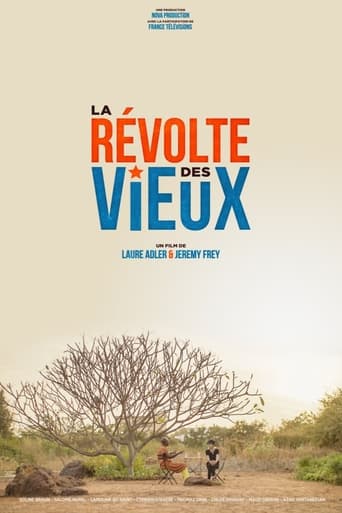
15 Feb 2023

No overview found


No overview found
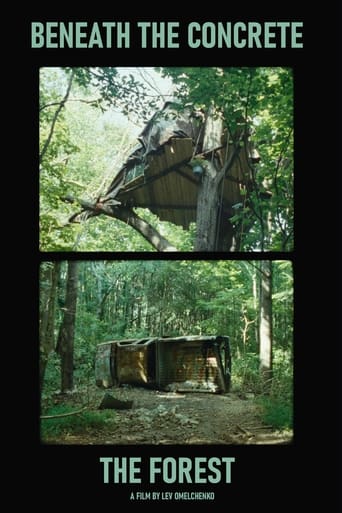
16 Feb 2023

“Beneath the Concrete, The Forest” is a short experimental documentary that takes us inside an ongoing struggle inside the city of Atlanta, GA between two sides to determine the future of Weelaunee, the biggest contiguous urban forest in the country.
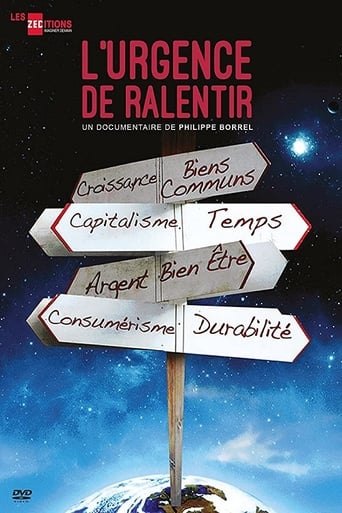
02 Sep 2014

No overview found
10 Oct 2007
On April 27th, at 2pm, National Geographic is using a version of the Environmental Performance Index to take a "pulse" of how countries are performing in regards to their environmental stewardship of the planet. Please forward this video to those you love, our planet Earth needs you. We don't have a moment to waste. Let's love and protect our Mother Planet now
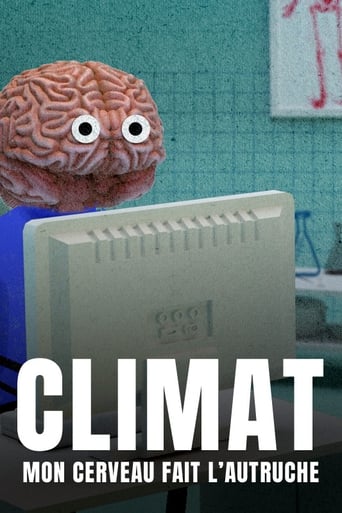
12 Mar 2022

Although a real awareness of the populations is underway - the multiplication of natural disasters and heat records helping - the human activities responsible for global warming remain unchanged, as if the threat was unreal. This collective immobility could have its origin in the brain. A number of cognitive biases impede judgment.
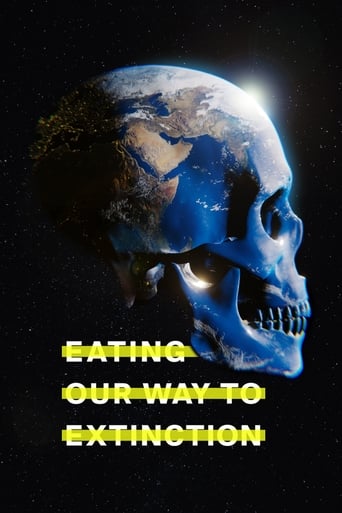
16 Sep 2021

With searing insight that shines light in dark corners, EATING OUR WAY TO EXTINCTION is a compelling feature documentary that opens the lid on the elephant in the room no one wants to talk about. Confronting and entertaining, this documentary allows audiences to question their everyday choices, industry leaders and governments. Featuring a wealth of world-renowned contributors including Sir Richard Branson and Tony Robbins, it has a message of hope that will empower audiences.

14 Jun 2025

Indigenous chief Juma Xipaia fights to protect tribal lands despite assassination attempts. Her struggle intensifies after learning she's pregnant, while her husband, Special Forces ranger Hugo Loss, stands by her side.
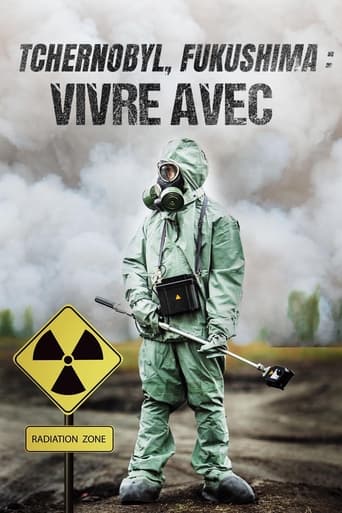
26 Apr 2016

30 years after the Chernobyl catastrophe and 5 years after Fukushima it is time to see what has been happening in the “exclusion zones” where the radioactivity rate is far above normal.
19 Apr 1998
Hosted by Val Kilmer, the documentary follows playwright Nicholas Ellenbogen as he travels to remote communities in six different African countries. In each community, the residents have taken an holistic and somewhat controversial approach to managed wildlife care.
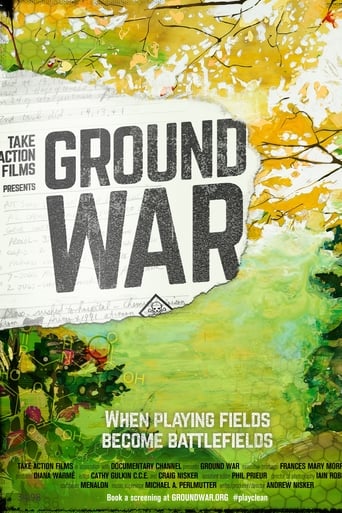
28 Mar 2018

A filmmaker's investigation reveals that the use of pesticides around the world may have farther reaching consequences than he had ever imagined. The only hope he sees for a brighter future lies with the incredible people he encounters along the way.
02 Sep 2007
Sir David Attenborough takes a look at the potentially devastating impact of climate change.
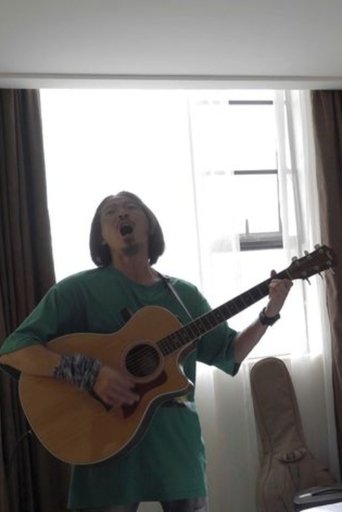

In Guangdong Yangchun, a large number of villagers have been suffering from strokes and cancers after some dangerous heavy metal waste has been illegally discharged in the villages. Artist Nut Brother decides to take action. With his team, he creates a group of Heavy Metal music and plays at sites that have been poluted by heavy metals to raise awareness among the population.
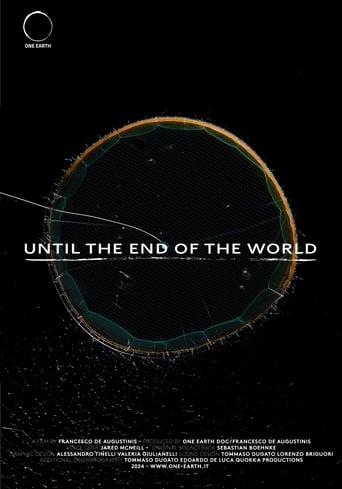
15 Feb 2024

The United Nations Food and Agriculture Organization, along with other international organizations, is leading efforts to increase aquaculture by encouraging countries around the world to invest in its development. However, local communities strongly oppose the expansion of fish farms due to resource depletion and water pollution concerns. From Italy to Greece, Spain to Senegal, and all the way to Patagonia in Chile, their journey to uncover the truth extends to the ends of the earth.
27 Jan 2015
Documentary about a Finnish mining company struggling with production and environmental management problems.
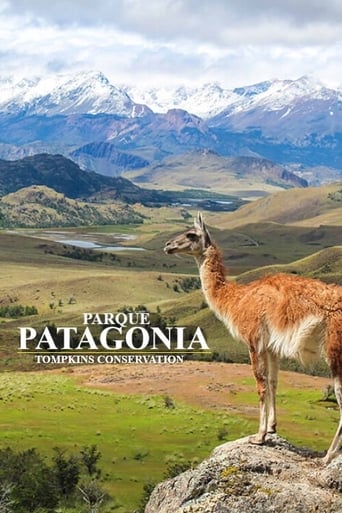
18 Sep 2017

No overview found

21 Oct 2017

Living among the percebeiros of the Coast of Death (Galicia), this documentary shows a unique relationship between man and his surroundings, man and the sea. At the end of Europe, years after the Prestige oil spill disaster, these fishermen face an uncertain future.

15 Mar 2023

A mini docuseries following 12 Maldivian households as they embark on a year-long mission to reduce their use of single-use plastics.